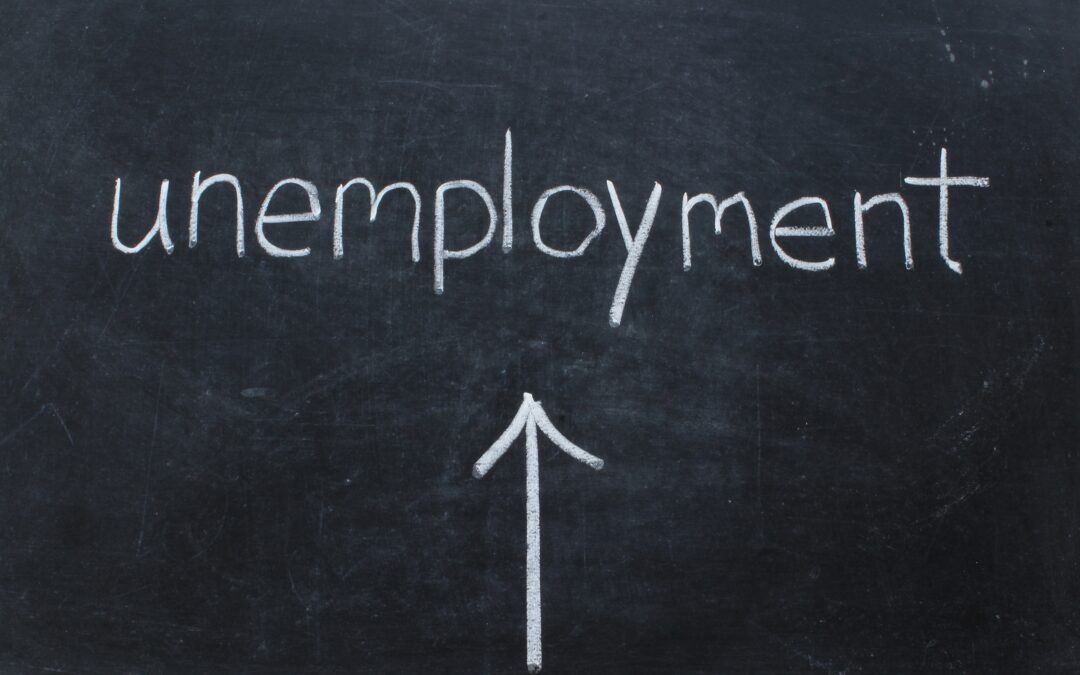If you are one of the millions of Americans who collected unemployment benefits in 2020, you may be in for a surprise. Many do not realize that unemployment income is taxable. If you do not set aside money to pay these taxes or have them withheld, you could owe taxes when you file your tax return. This may be an unexpected liability for independent contractors and self-employed people who typically are not eligible for state benefits.
Federal and state income taxes
If you had any unemployment income in 2020, it is subject to taxes and must be reported on your 2020 income tax return. In January, you should have received a Form 1099-G that spells out the total amount of money you were paid in 2020.
Federal income taxes apply to unemployment benefits — whether it’s state unemployment insurance or any pandemic unemployment compensation disbursed under the CARES Act.
The catch is that withholding the appropriate amount of income tax is voluntary. You have the option to withhold a flat 10% of your benefits to cover your potential tax liability. To do this, you must file a Form W-V4 with the state agency that administers your unemployment benefits. You also can choose to pay quarterly estimated tax payments to the IRS.
Although it is too late to head off the taxes you might owe for 2020, if you get your returns filed now, you can still make a plan to pay any tax liability that is due by April 15 (now June 15, 2021, for Louisiana residents).
Two Key Tax Credits
Families who received unemployment income during 2020 should also consider two key credits: the earned income tax credit and the child tax credit. These credits may add up to significant tax-saving dollars. For a low-income household with three or more qualifying children, the income tax credit is up to $6,600. The refundable portion of this child tax credit is up to $1,400 per qualifying child.
While unemployment benefits are taxable, they are not considered earned income. Under normal circumstances, receiving unemployment would trigger a reduction of both credits when you file your tax return. However, in the year-end Covid relief act, lawmakers fixed this problem. Note that when when you file your 2020 taxes, you will be able to use your 2019 income taxes to calculate your eligibility for the credit.
Stimulus Checks
If you received a stimulus check as part of the 2020 pandemic-related legislation, you do not need to include the payment as taxable income or pay income tax on the payment. The amount received will not reduce your refund or increase your tax liability when you file your 2020 federal income tax return.
In addition, if you were eligible for the stimulus check but did not receive the full amount of Economic Impact Payment, you may be able to claim a Recovery Rebate Credit on your 2020 Form 1040 or Form 1040-SR.
If you did receive a stimulus check, it is important that you let your professional tax know and that you also retain a copy of the letter sent by the IRS for your records. If you did not receive a stimulus check or believe you should have received a larger stimulus check, you should work with your accountant to see if you are eligible for the Recovery Rebate Credit.


Recent Comments